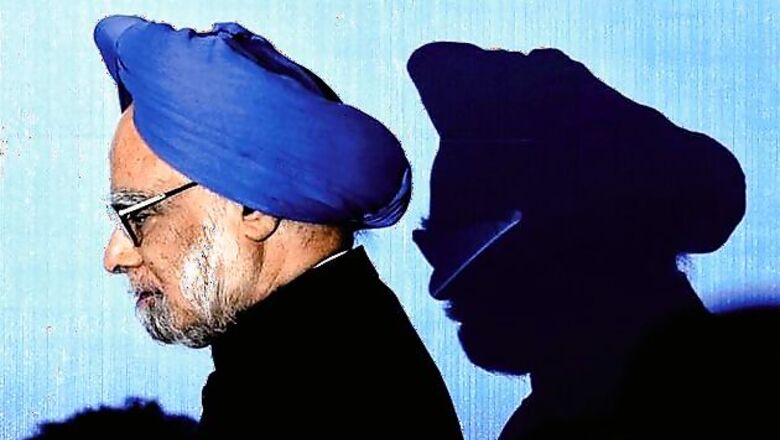
views
Kiran Bedi is convinced that the UPA government's reluctance to give the proposed citizen's ombudsman, the Lokpal, control of the Central Bureau of Investigation (CBI), the country's premier investigation agency, is due to skeletons that lie buried deep in the agency's cupboards.
The day Parliament was to discuss the Lokpal Bill, the social activist tweeted: "All skeletons of suspects are lying buried in CBI cupboards, which is why government is keeping the key of administration with it and Lokpal away."
But even before Anna Hazare and his team, of which Bedi is a part, tried to free the CBI from the government's grasp, the Centre had worked overtime to keep the agency out of the right to information law's purview.
A week before Prime Minister Manmohan Singh announced the setting up of a joint parliamentary committee to look into the 2G spectrum scam, the CBI, which was leading the investigation in the case, had quietly made a demand of its own.
In February 2011, the CBI wrote to its parent, the Department of Personnel and Training (DoPT), pointing out a nagging problem: Officers handling investigations, who are known to speak their mind during discussions, were apprehensive that their impressions about suspects and the line of investigation could make their way to the public through right to information applications. And this, the agency felt, could compromise its chances in the courts.
The department sought an exemption from the RTI Act on the lines of a similar waiver given to intelligence agencies and some paramilitary forces.
When the bureau tried to wriggle out in 2007, a committee of secretaries concluded that the CBI, unlike other agencies, didn't deserve to be kept out of the ambit of the RTI Act since it was not a department that was primarily concerned with intelligence gathering or national security.
Headed by the then cabinet secretary KM Chandrasekhar, the panel felt that the CBI could lean on clauses in the Act to keep some information confidential if their disclosure would be against national interest.
Documents relating to the exemption accessed through a RTI application suggest that on May 13, 2011, another committee of secretaries set up by the DoPT to consider the same proposal, relied on an opinion of the attorney general to keep the CBI out.
In a written opinion given four days before the panel was to meet, Attorney General Goolam E Vahanvati said the CBI also dealt with matters pertaining to intelligence and that these cases would be compromised if the institution was exposed to the Act.
Pointing out that the CBI had investigated several cases connected with the security of the country, such as the hijacking of the Indian Airlines (IC 814) and the Mumbai blasts, Vahanvati reasoned that a limited exemption for the agency also wouldn't work.
"A qualified exemption will have serious consequences with respect to other intelligence/security organisations already notified. Such a truncated exemption in the case of one agency may lead to serious questions being asked as to why other agencies specified in the Second Schedule may not be similarly placed, something which is not at all justifiable or feasible. Such an approach, in my opinion, will render the whole process of exemption nugatory."
Recently, RTI applications helped reveal information on the 2G scam and on contracts given out for the Commonwealth Games that eventually landed some UPA leaders in soup, and later in jail. Critics say the decision to exclude the CBI was aimed at thwarting potential revelations that could erode the government's credibility.
"The manner in which the file was pushed through and the timing of this decision is suspicious," says CJ Karira, a Hyderabad-based activist who has got the papers on the decision-making process through an RTI application. After all, nothing has changed between 2007 and 2011 that helps the CBI's case for exemption. "The CBI's charter continues to remain the same as it was in 2007," says Karira.
Interestingly, the CBI was set up as an anti-corruption agency and it's only since the 1990s that it began to tackle cases related to terrorism and security.

















Comments
0 comment